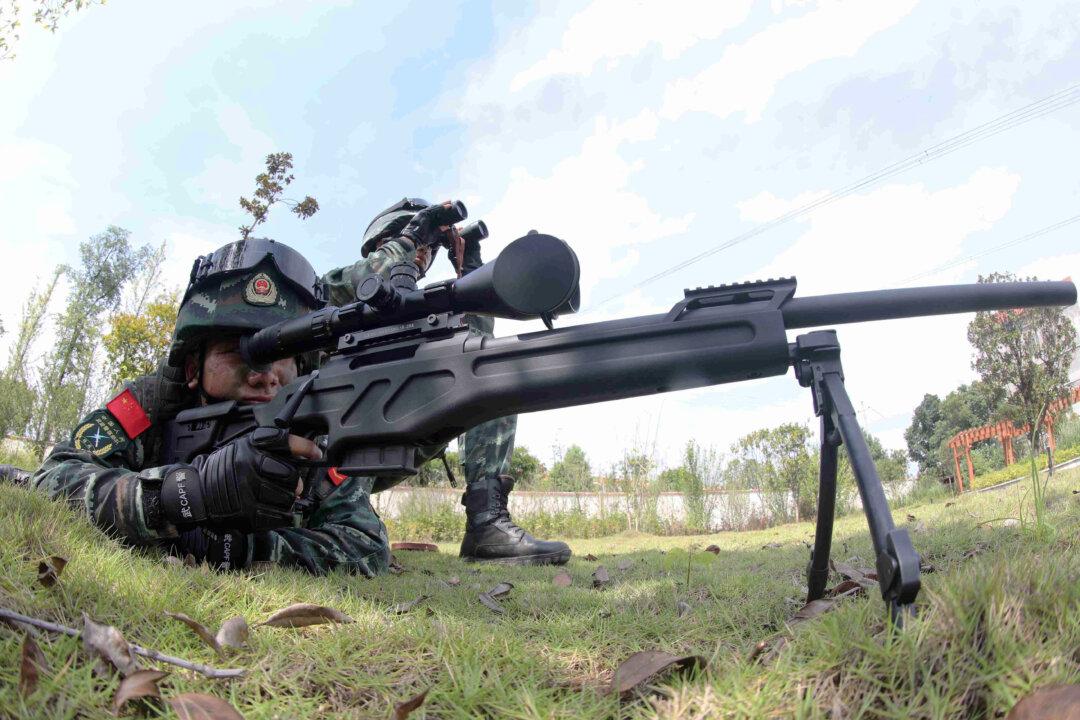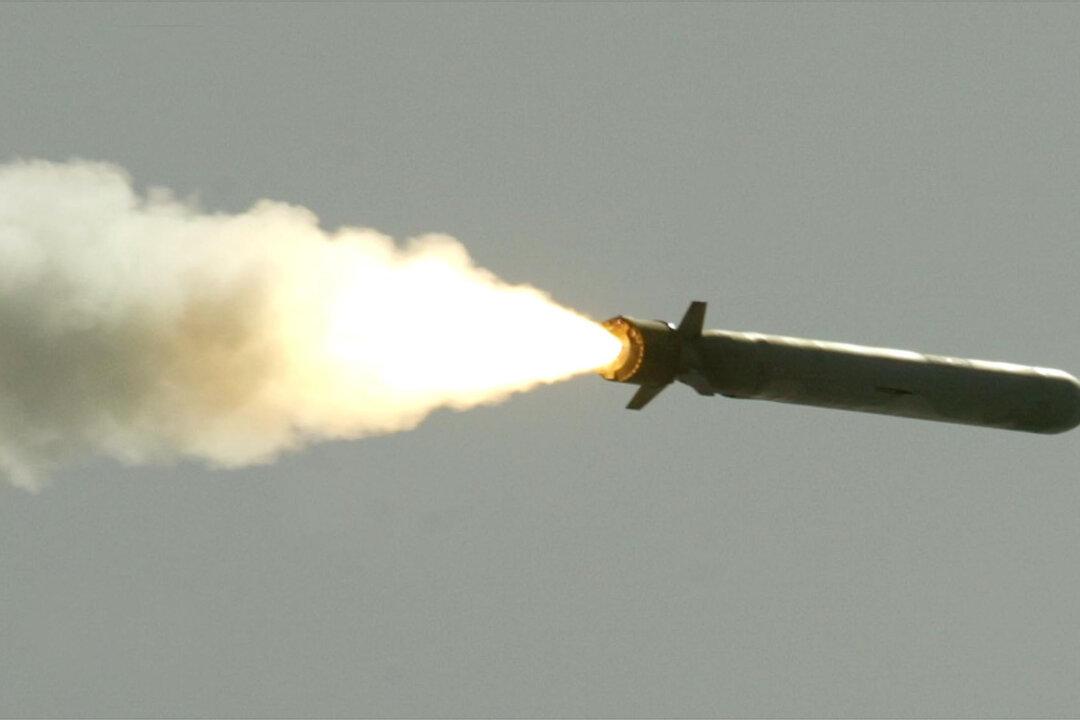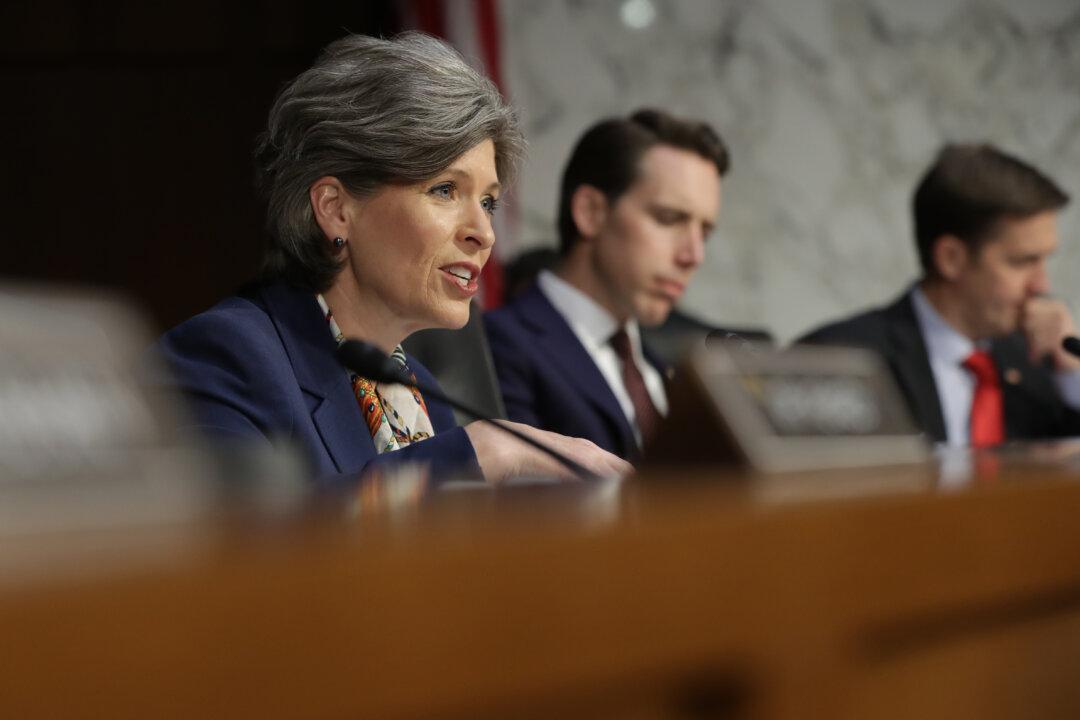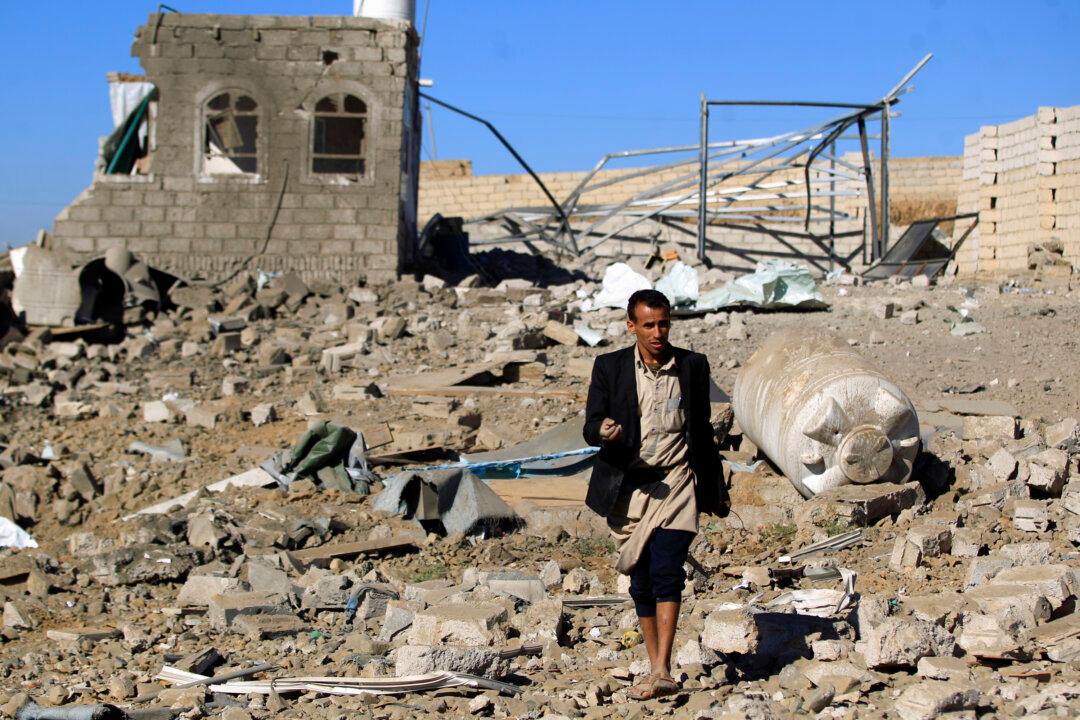WASHINGTON—At the U.S.-China Diplomatic and Security Dialogue held at the State Department on Nov. 9, one key issue that seems not to have been discussed was the Chinese regime’s nuclear buildup.
At the press conference at the conclusion of the dialogue, Secretary of State Michael Pompeo, in answering a question about the planned U.S. withdrawal from the Intermediate-Range Nuclear Forces Treaty (INF), stated, “We did not spend time talking in detail about that issue today,” with no further comment. The U.S. withdrawal is partially tied to the Chinese regime’s nuclear buildup.




